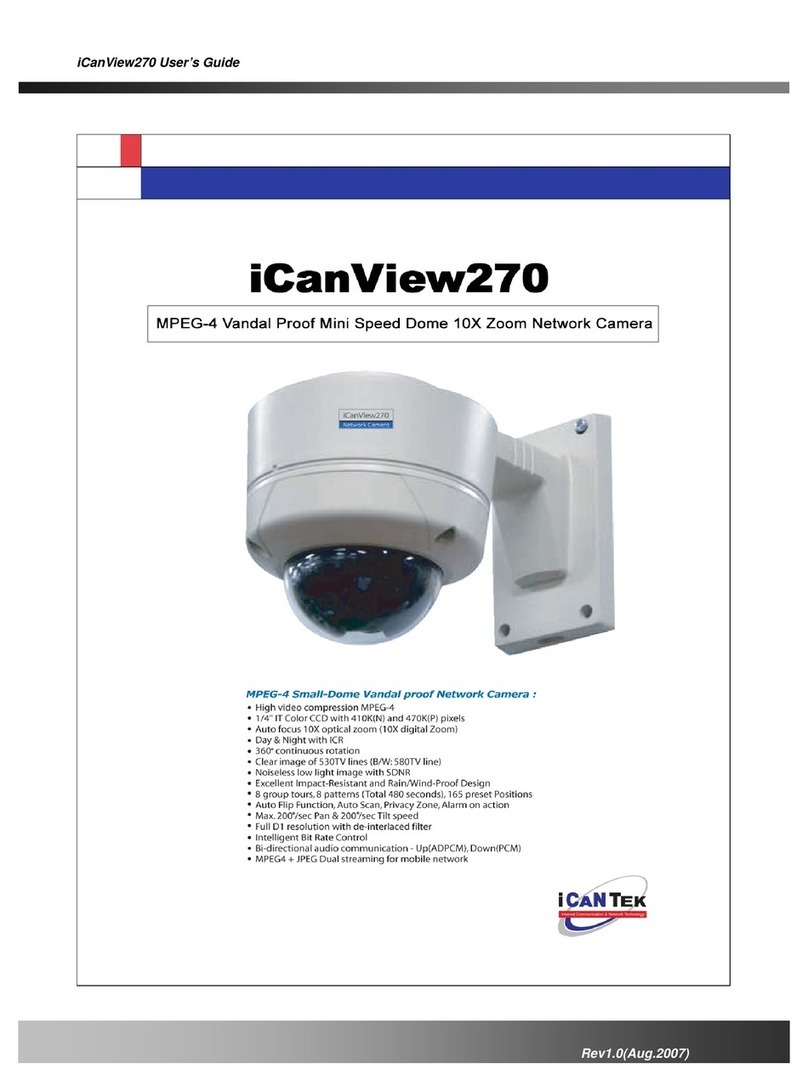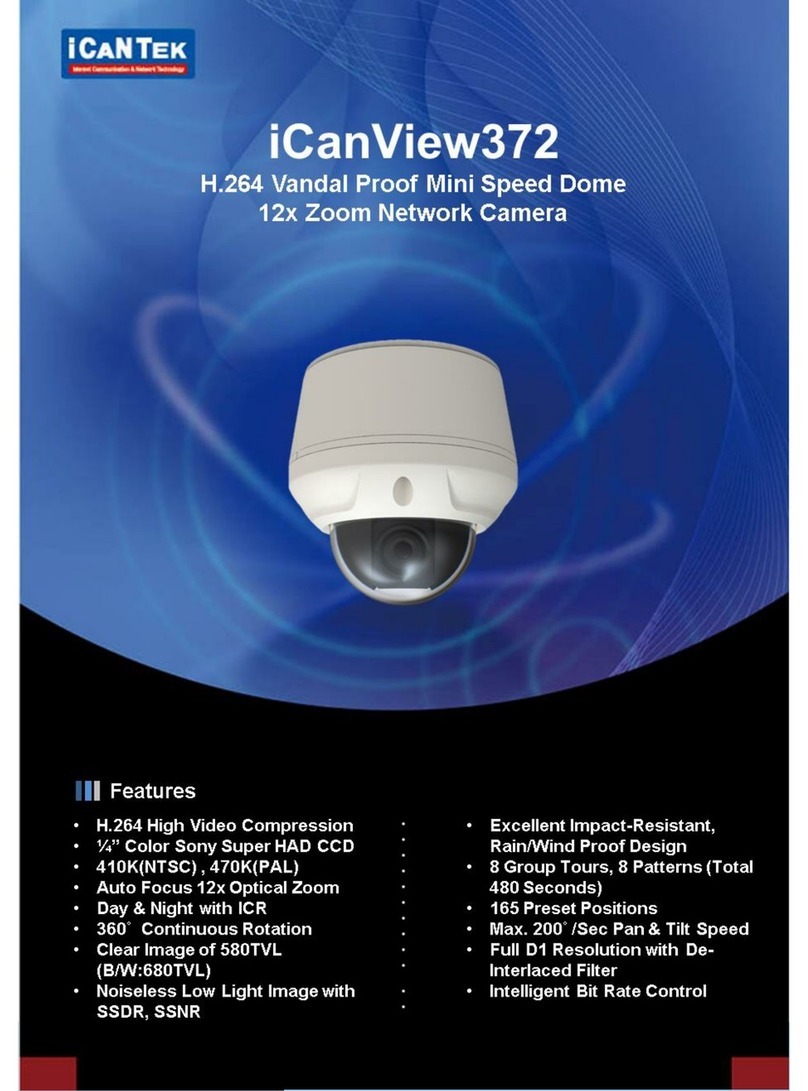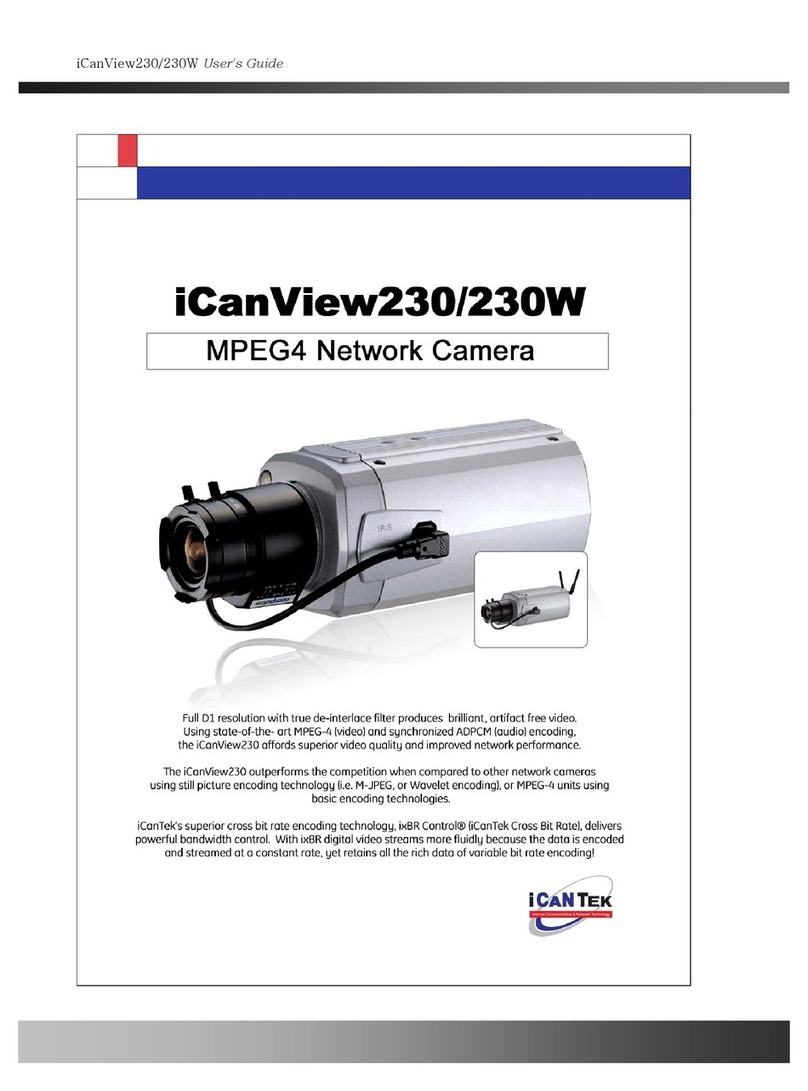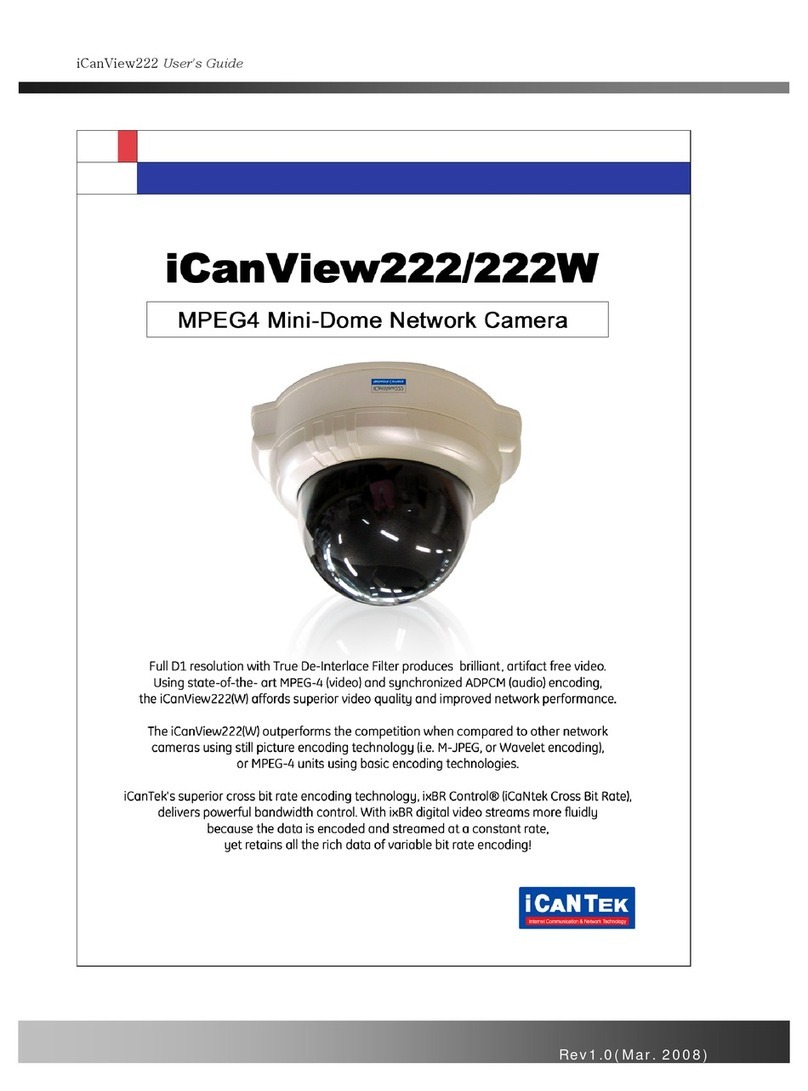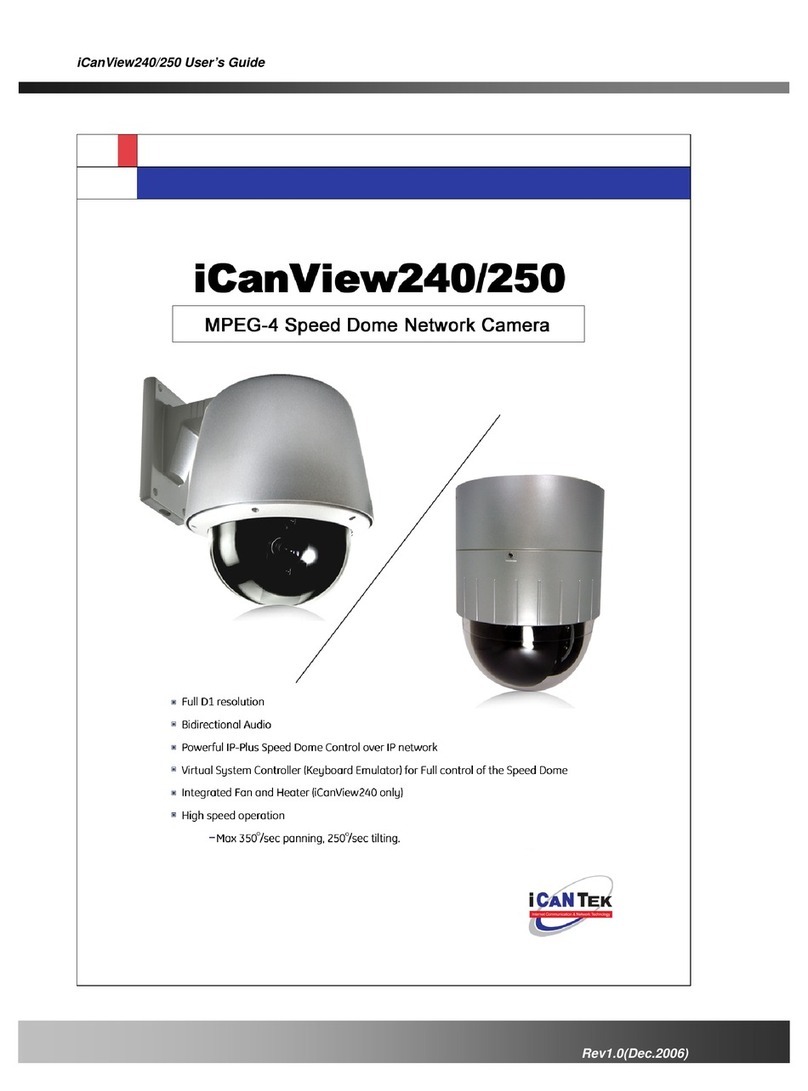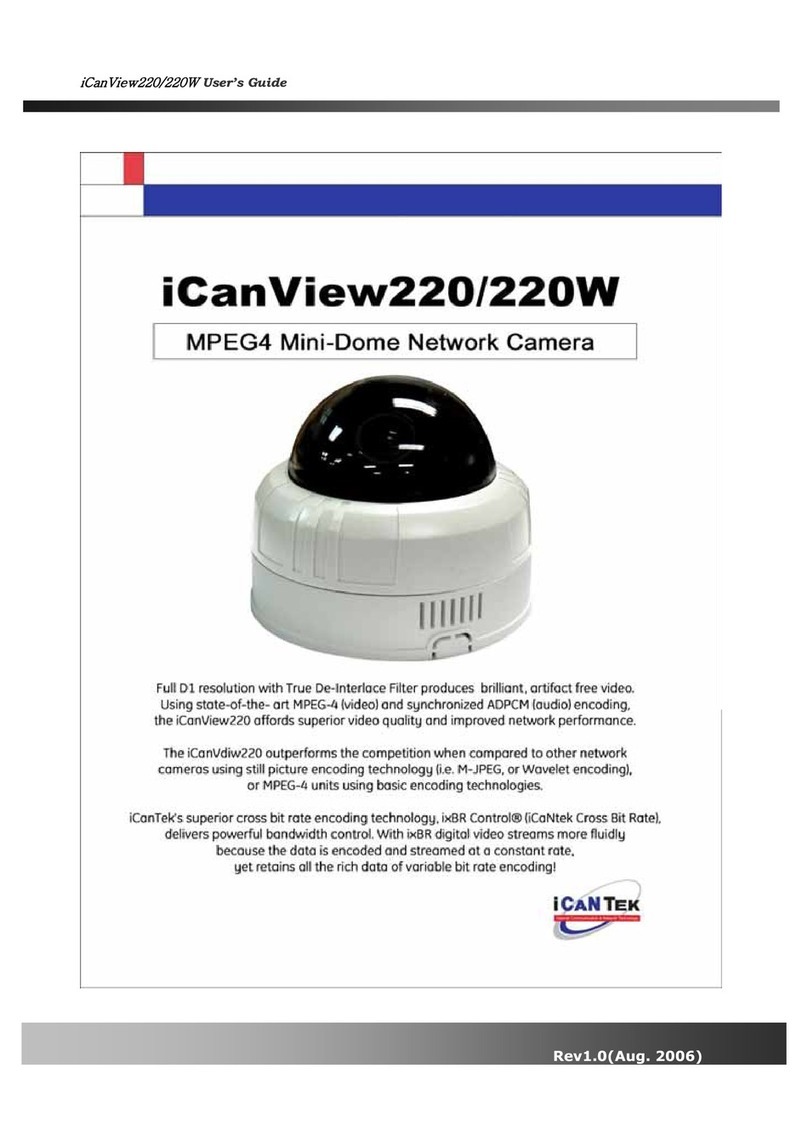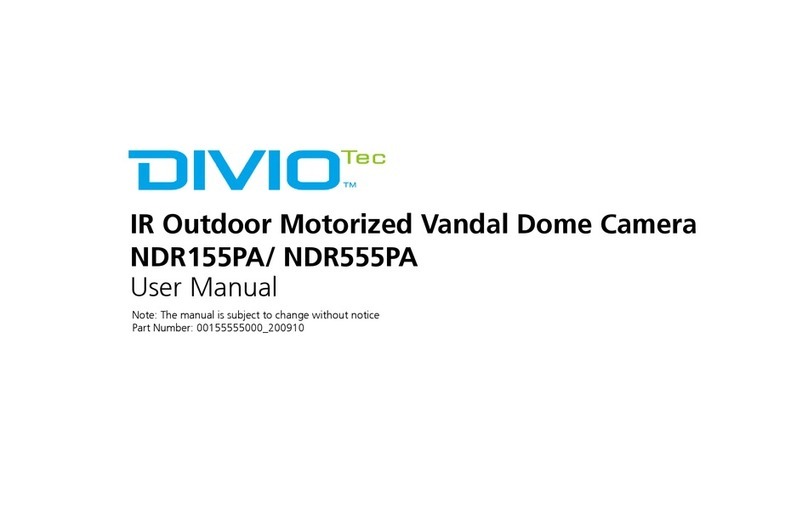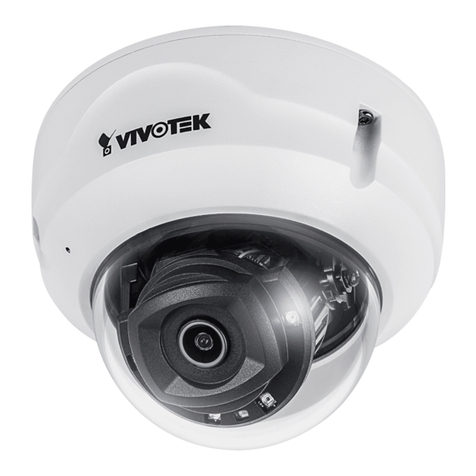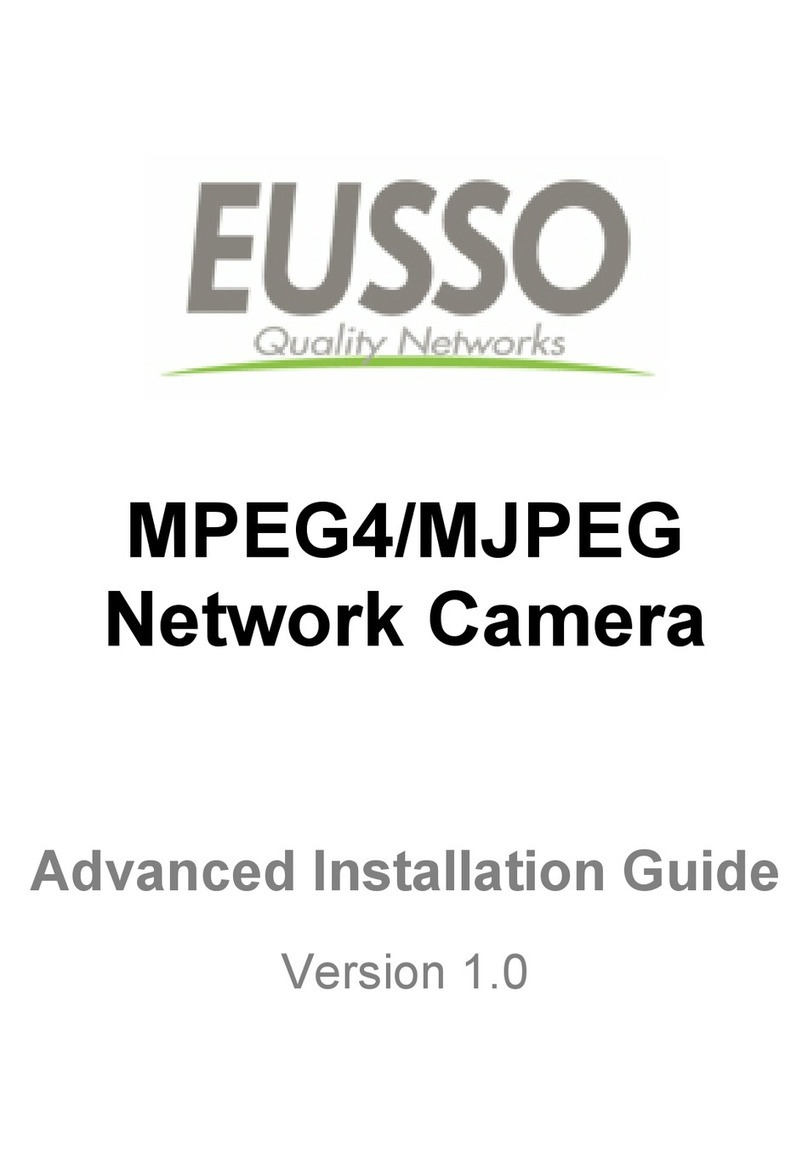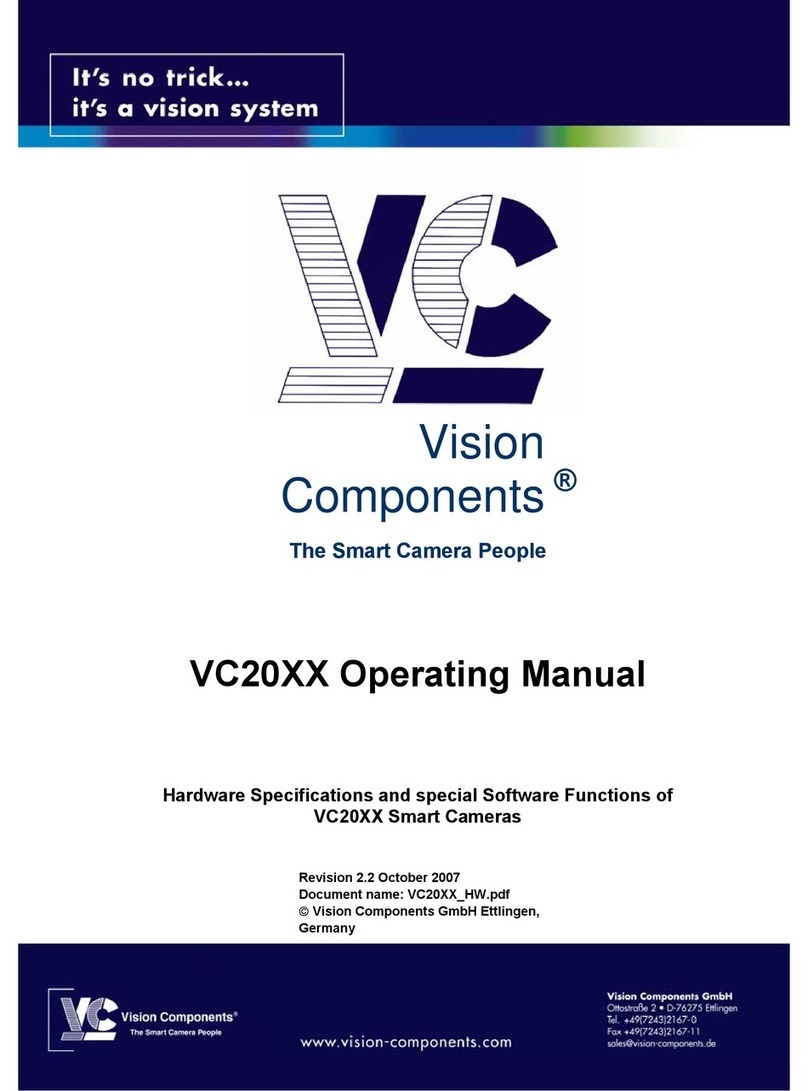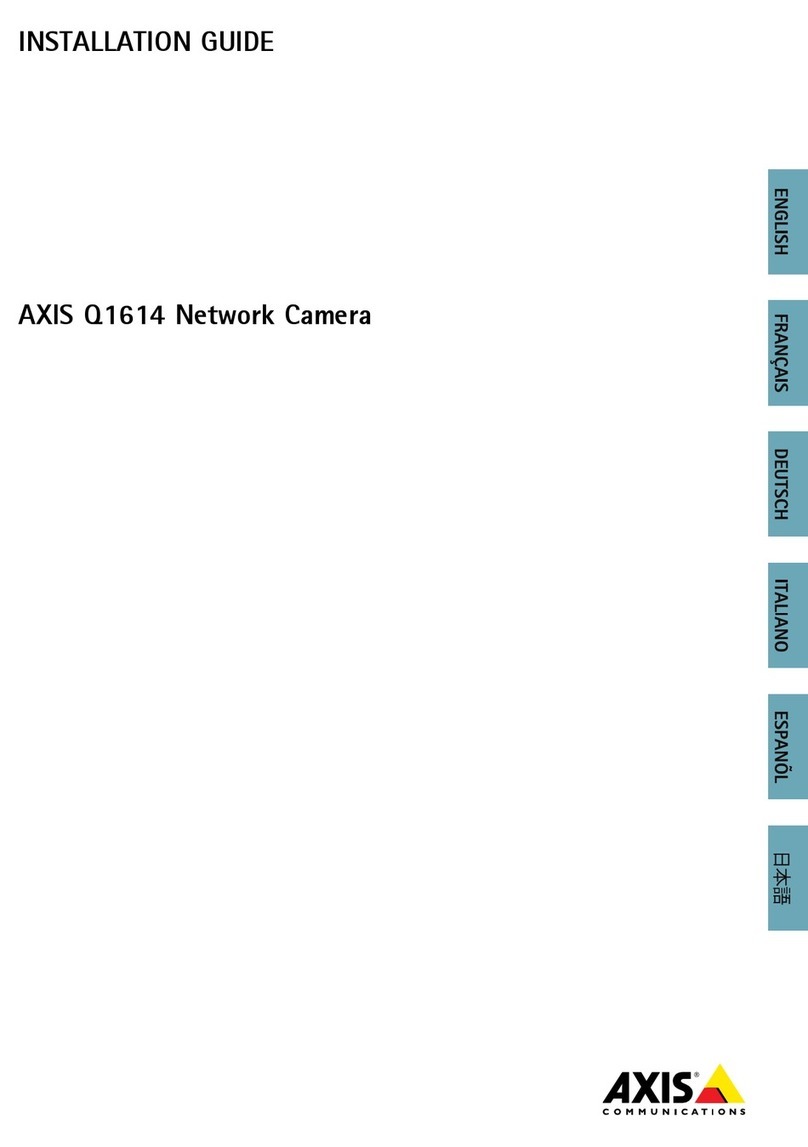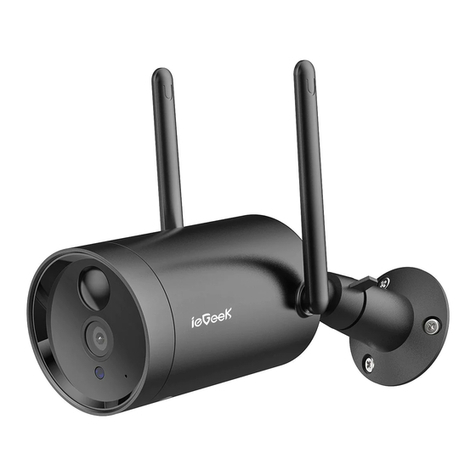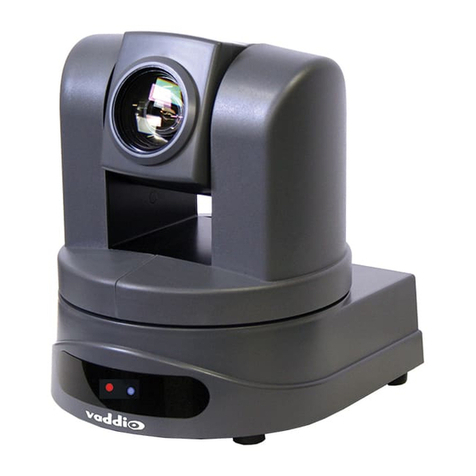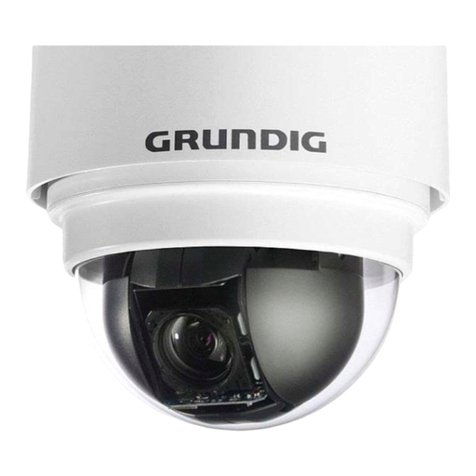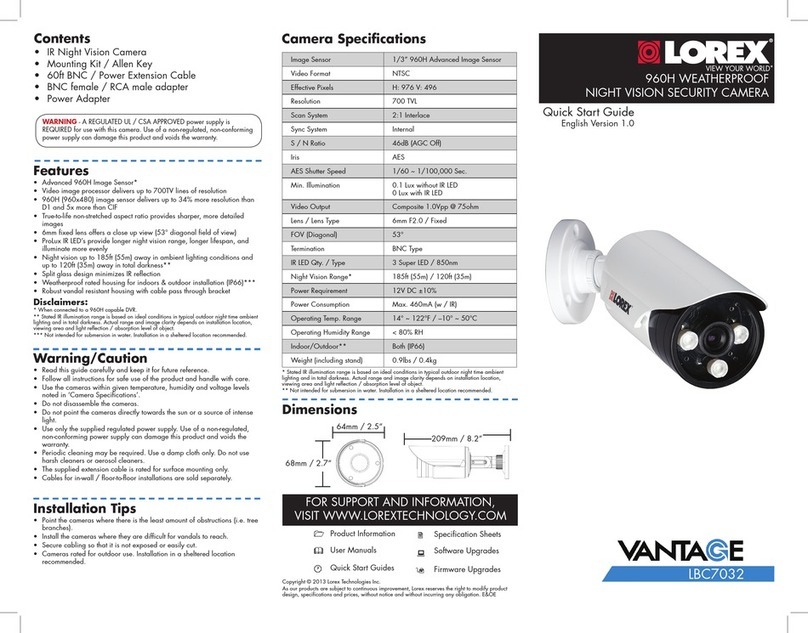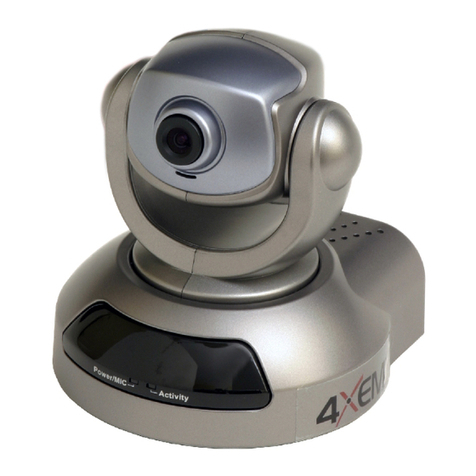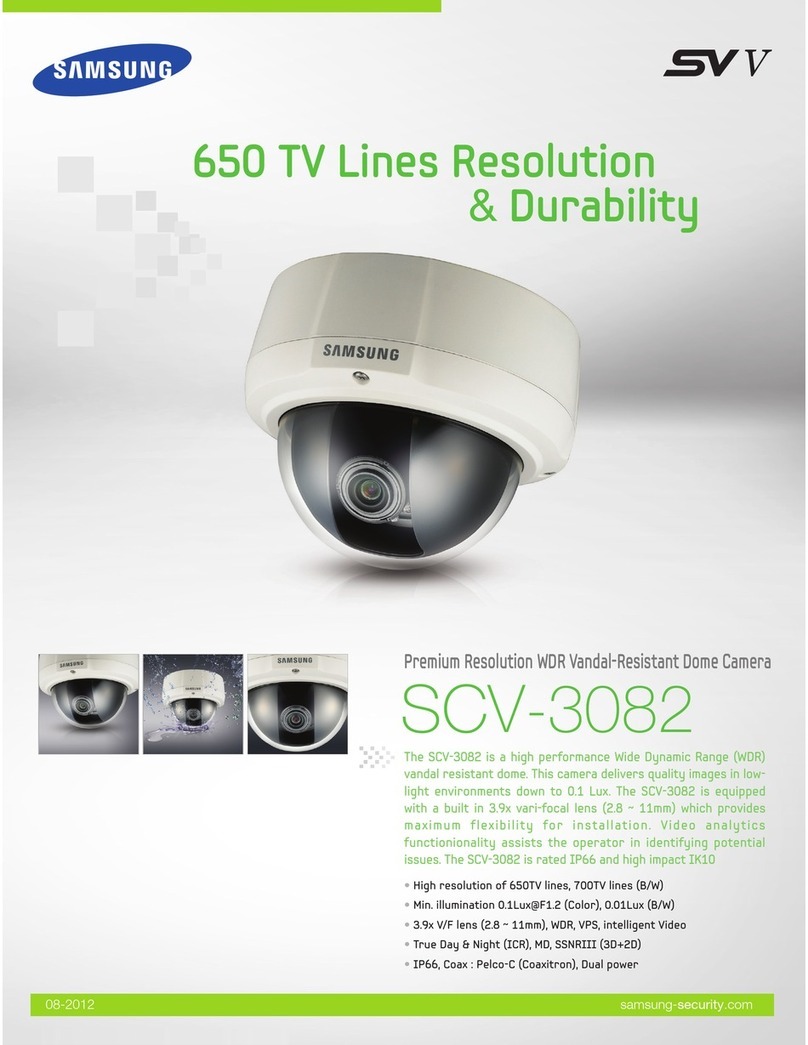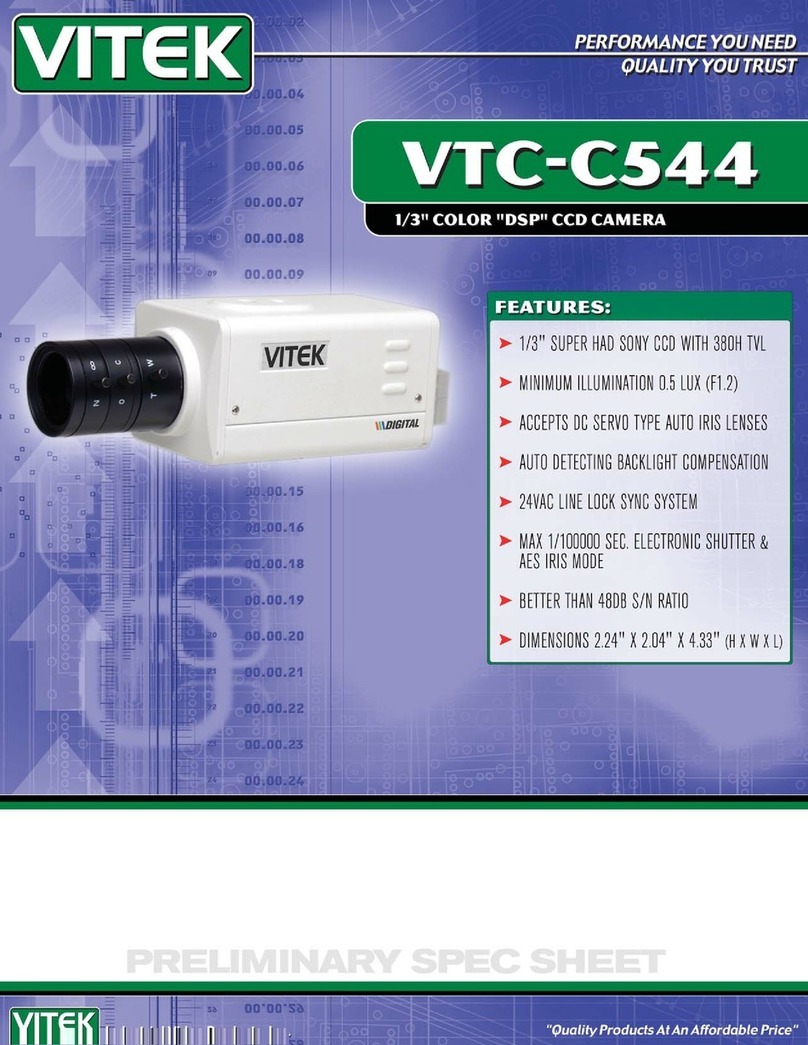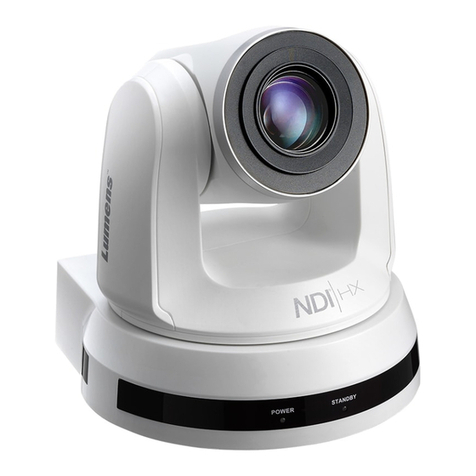iCanView232 User’s Guide
1. Introduction ............................................................................................................................................ 5
1.1. Overview .......................................................................................................................... 5
1.2. Features of iCanView232 ............................................................................................... 5
1.3. Applications of iCanView232 ......................................................................................... 6
1.3. Selectable options and model naming convention .................................................... 6
2. Product Description ............................................................................................................................... 8
2.1. Contents .......................................................................................................................... 8
2.2. Preview ............................................................................................................................ 8
2.3. Physical description ........................................................................................................ 8
2.4. PC Requirements .......................................................................................................... 12
2.5 Quick Installation Guide ................................................................................................ 12
3. Connecting iCanView232 to Network ................................................................................................ 16
3.1. Connecting to LAN ........................................................................................................ 16
3.2. Connecting to xDSL/Cable Modem ............................................................................. 17
4. IP-Installer ............................................................................................................................................ 19
4.1. Main window of IP-Installer ........................................................................................ 19
5. Configuring iCanView232 in Administrative Mode ........................................................................... 21
5.1. Log On ............................................................................................................................ 21
5.2. Basic Setup .................................................................................................................... 23
5.3. Network Configuration ................................................................................................. 25
5.4. Wireless Configuration ................................................................................................. 28
5.5. CCD Adjustment ........................................................................................................... 30
5.6. User Admin & Time Setup ........................................................................................... 33
5.7. Sensor & Capture Setup .............................................................................................. 36
5.8. Alarm Device Setup ...................................................................................................... 38
5.9. Motion Region Setup .................................................................................................... 40
5.10. PTZ Setup(Zoom is not applicable for iCanView232) ............................................ 42
5.11. Encryption Set up ....................................................................................................... 44
5.12. Upgrade & Reset ......................................................................................................... 46
5.13. Status Report .............................................................................................................. 48
6. Tips for using iCanView232 ................................................................................................................ 49
6.1. ALARM-IN and ALARM-OUT ......................................................................................... 49
6.2. Trouble Shooting ........................................................................................................... 52
6.3. Web Viewer .................................................................................................................... 53
6.4. How to Upgrade the iCanView232 ............................................................................. 55
Rev.1.0 (Feb. 2008) 4 of 56
